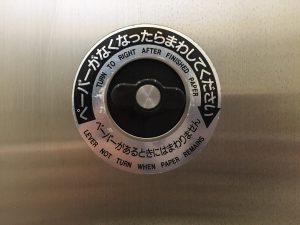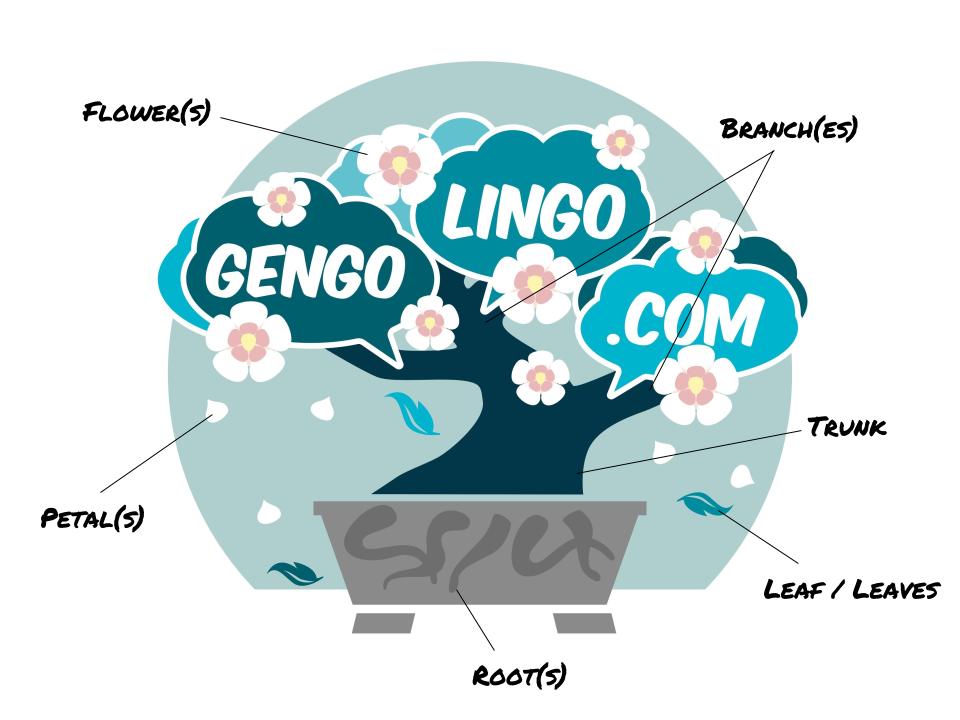Hello. Thanks for joining us. In today’s English News blog post, you can listen to Keiko and Nicholas have a conversation about an article published in The Guardian. The article is about a “strict school.” We hope this lesson will be good practice for our intermediate and advanced students. Before listening to our conversation, it’s a good idea to read the article below so you can get some background information and new vocabulary about the topic. We’d be happy to hear your opinion about this “strict school” as well so feel free to leave your comments below! Enjoy!
Nicholas is a teacher at Gengo Lingo and Keiko is a friend, an English teacher, and coordinator of a language program.
For the article that we will be discussing, click here.
QUESTIONS:
- Can you summarize the article?
- Was there anything in this article that surprised you?
- When you heard the words “strict school,” what came to mind?
- Do you have any experience with strict schooling?
- What are the positive and negative aspects of attending a strict school?
- Would you send your children to a school like this?
- Would you want to attend a school like this?
- Can a school promote discipline AND creativity? How? What is the balance?
RELATED ARTICLES:
The Guardian – Why It’s Right for a Head to Demand Lunch Money – and High Standards
The Guardian – Headteacher Defends Policy of Putting Pupils in ‘Lunch Isolation’
RELATED VIDEOS:
YouTube – Paul Atherton – What is a Free School?
YouTube – Michaela Community School – A New Education












